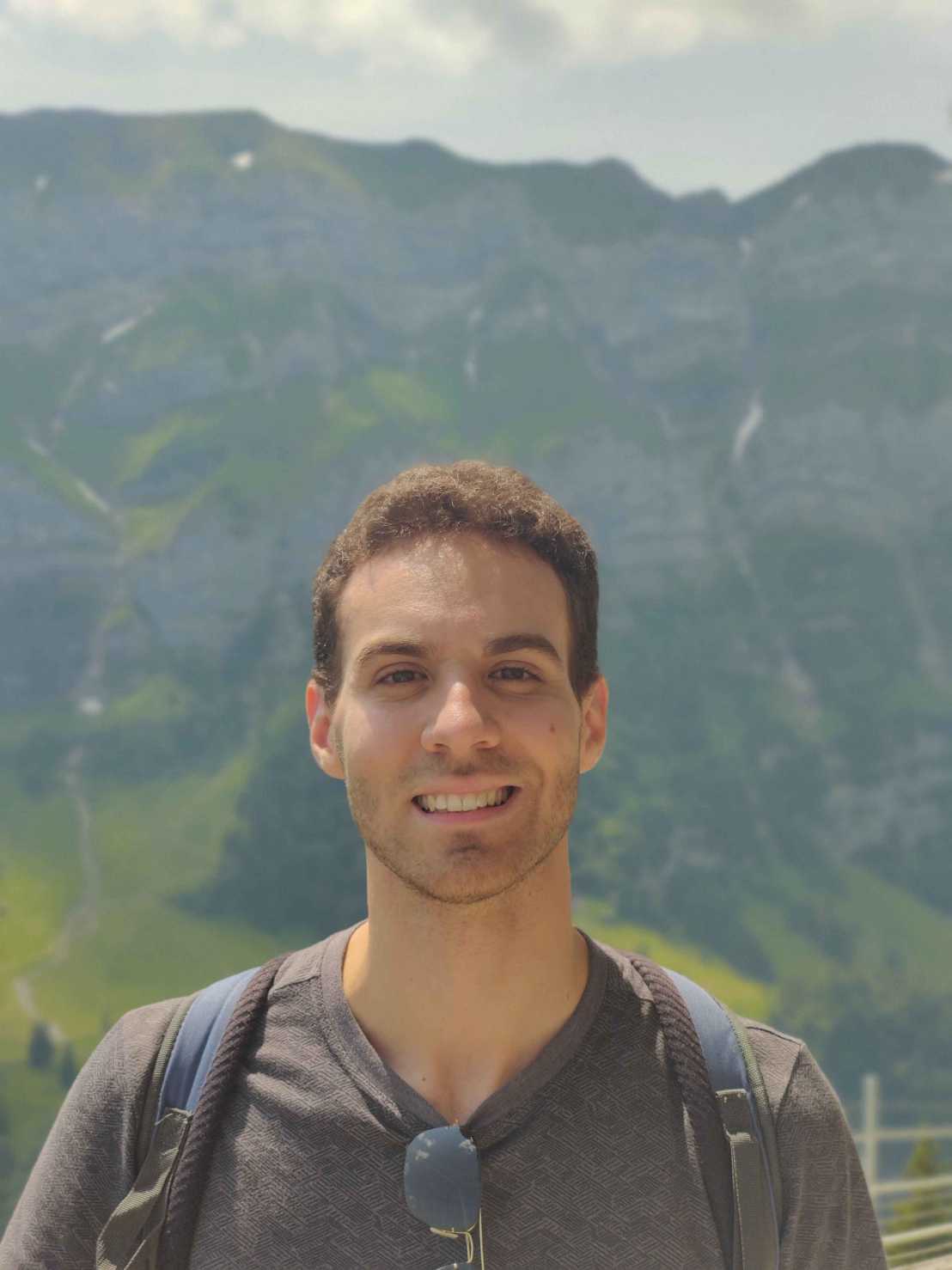From prototypes to products
An interview with D-PHYS alumnus Dr Leonardo Facheris, R&D Engineer at Sensirion.

What was the decision path that led you to your present job?
I have an academic background in physics and, through my Bachelor’s, Master’s and doctoral degrees, it's fair to say that I spent a considerable amount of time within the safe walls of academia. Towards the end of my PhD, I began to wonder what it would be like to work in the private sector, a world for which I had no well-defined picture. When the time came to make a decision, I faced two obvious choices: I could move somewhere else for postdoctoral research or land a job in industry. The fact that I was starting to feel too comfortable in the university research environment also influenced my final decision, as I chose to challenge myself and get a job in a private company.
In practice, I didn't look for just any job in industry: I focused on positions that would allow me to take advantage of the approaches and methods I knew from my studies. This led me to focus on roles around innovation and technology development, so one could say that finding a job in Research and Development (R&D) was just a matter of time.

What does your average week look like?
I work in the R&D division of Sensirion AG, a company devoted to advancing sensors for sustainability, automotive, medical, and industrial applications. Every product is a unique solution in terms of design, underlying measurement principles or final application. R&D spans the whole path from the initial idea of a new-generation product, through iterative prototype cycles, to the final implementation into established production lines for large-scale manufacturing.
In this sense, it isn't straightforward to define my average week because each day brings new challenges and surprises! An R&D engineer’s day is dictated by the development stage of the project they're following. In the early phases you typically spend more time in the laboratory, building and testing prototypes to demonstrate technical capability. That's also a time where close exchanges and brainstorming sessions with colleagues are crucial. Later on, when the main ideas are consolidated, your focus shifts to components, material selection and product fine-tuning. In the final stages your time is spent tailoring the manufacturing processes to the requirements of the product and transferring those processes towards production.
I personally find this a fantastically sweet spot: there's so much to learn and the pace is rather fast too.
What do you value most of your physics background?
An invaluable teaching of my physics studies is that behind every fact, observation or phenomenon is a very fundamental and basic reason, which can be typically expressed in terms of simple concepts or ideas. I always keep this in mind when I face an unexpected problem. I start by breaking it down to find out what caused it in the first place. This isn't always easy because you often only see the result of a long chain of causes and effects, but the systematic approach of a physicist remains an invaluable tool: you start by peeling details off, layer by layer, until you're left with an underlying cause. This approach also applies to new challenges, which you can break down as small increments that are then addressed consecutively.
How did your PhD in physics prepare you for your current job?
Besides the topical knowledge I gained during my PhD, I had the chance to work on a variety of analytical instruments and measurement setups for my experimental doctoral work. I also became skilled in data analysis, modeling and hypothesis verification. All of this still helps me tremendously in my job. But then the hard skills don't tell the whole story. A doctoral degree teaches you to present ideas and facts in a clear and convincing manner, both orally and in writing. At a higher level, a PhD is a training track in perseverance and consistency. More than the specific knowledge you acquire, the whole set of abilities make a doctorate worth pursuing.